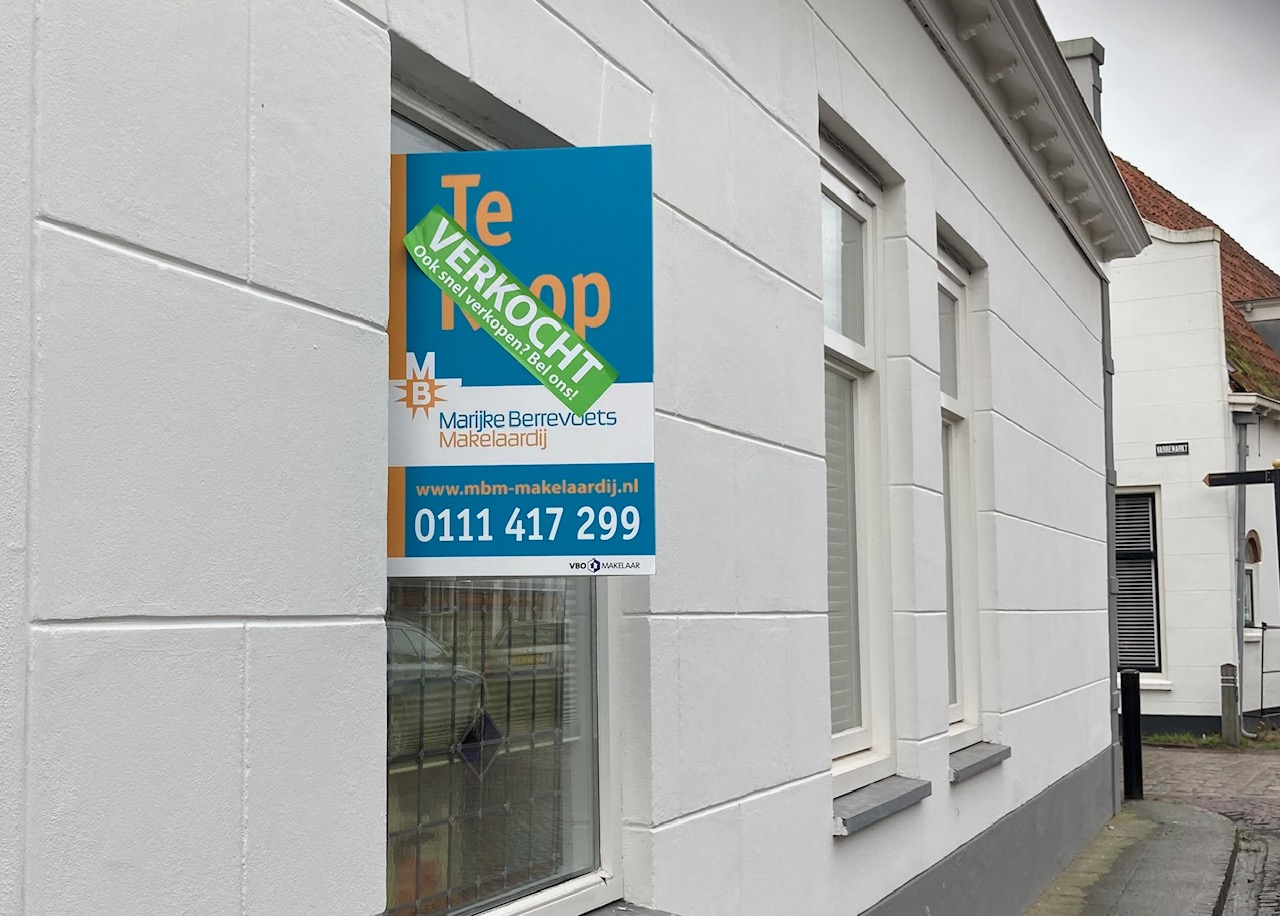Partner content
How to prepare financially to buy a home in the Netherlands

Being well prepared is essential when looking to buy a house in the Netherlands, especially in the current pressured housing market. That means getting your finances in order before you start looking. Here are some things you need to take into account when working out how much you can borrow.
In the Netherlands, you can borrow up to 100% of the value of the property you want to buy, provided your income is sufficient. However, you may be eligible to borrow more than this if you plan to make your home more energy efficient. Use an online mortgage calculator, such as the one provided by ABN AMRO, to get a rough idea of your borrowing capacity.
Add in extra income
Make sure to include any extra allowances or specific cash benefits paid by your employer on a regular basis. These can make a significant difference to your total borrowing power.
“The market value of the property also has a role in determining how much you can borrow,” says ABN AMRO mortgage advisor Michael Tol.
“Let’s say, for example, you see a nice home on Funda with an asking price of €350,000 and you like it so much you bid €355,000. Your offer is accepted and you begin the process of asking for a mortgage. But if the official valuation, or appraisal report, says the property is only worth €345,000, you will need to find €10,000 of your own money to complete the deal.”
If you benefit from the 30% ruling, your situation may be more complex. In fact it is always sensible to to arrange a free orientation meeting with a mortgage adviser, who can clarify what can and cannot be included when calculating your maximum mortgage. You will receive a document with a detailed calculation, which will help you define the price range of properties to consider.
In the Netherlands, all additional costs — such as notary fees and transfer tax — must be paid from your own funds. If you do not have savings set aside, you may be able to cover these costs with a gift or loan from your parents. A mortgage adviser can provide guidance based on your personal circumstances.
Tax deductions
Purchasing costs in the Netherlands are known as kosten koper, and some are tax-deductible. Property transfer tax (2%) is generally not deductible, but first-time buyers under the age of 35 purchasing a home costing no more than €525,000 are exempt from paying it. Part of the bill from the notary — the legal expert who handles the paperwork — is deductible.
If you hire a real estate agent or commission a technical survey, their fees are not tax-deductible. However, the property valuation and the cost of your mortgage adviser are. Your mortgage interest payments are also deductible up to a certain maximum.
Sustainability benefits
You can also benefit financially by buying an energy-efficient home. These properties are not only more comfortable and cheaper to live in, but you may also qualify for a “sustainability discount” on your mortgage interest if the home has an energy label of A or B.
Subsidies may be available to help make your home more energy-efficient. ABN AMRO offers an Energy Saving Check, which provides a personalised step-by-step plan.
Find out more
Buying a house in a foreign country can feel overwhelming, so it is worth learning as much as possible about the process in advance. ABN AMRO, for instance, hosts regular free webinars where prospective buyers can learn about the ins and outs of buying a home in the Netherlands. These are available on demand and can be watched whenever and wherever it suits you.
Thank you for donating to DutchNews.nl.
We could not provide the Dutch News service, and keep it free of charge, without the generous support of our readers. Your donations allow us to report on issues you tell us matter, and provide you with a summary of the most important Dutch news each day.
Make a donation